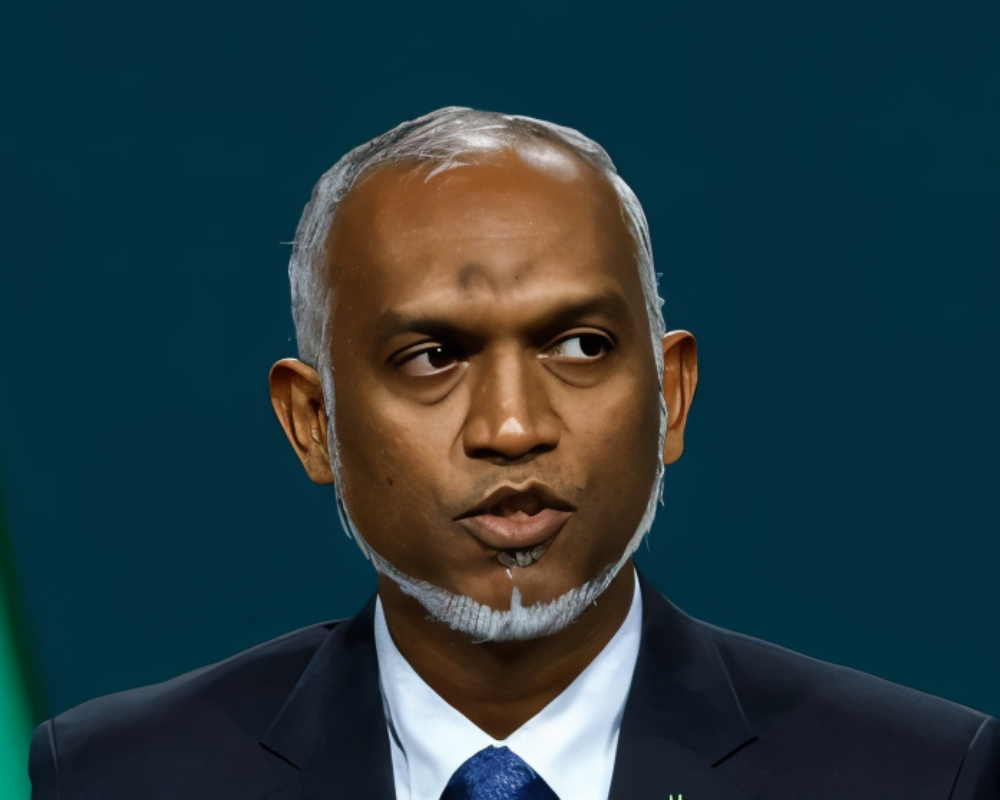President Mohamed Muizzu’s recent statements about abolishing atoll councils and proposing constitutional amendments to do so should raise serious concerns for anyone committed to democratic governance in the Maldives. Muizzu’s claim that “atoll councils are useless” is not only dismissive of decades of local administrative experience but also signals a troubling trend toward the centralization of power.
The argument that removing atoll councils will empower island councils because ministries and state-owned enterprises (SOEs) can deal with them directly is misleading. In practice, island councils already maintain direct communication with state agencies; atoll councils do not restrict this interaction. Muizzu’s justification therefore appears less about administrative efficiency and more about consolidating control over local governance.
Historically, atoll councils have served as a crucial intermediary between the government and the islands. They have provided oversight, ensured accountability, and acted as a voice for atoll residents in national policy discussions. Their abrupt abolition threatens to erode these safeguards and concentrate authority in the hands of the executive.
The proposed amendments to reduce the number of councilors based on population size, including changes to Women’s Development Committees, further suggest a narrowing of democratic participation. Fewer councilors mean fewer representatives for citizens, particularly in small islands where local voices are already limited. Coupled with the removal of atoll councils, these changes could significantly weaken grassroots democracy in the Maldives.
Muizzu’s framing of this move as enhancing transparency and accountability is deeply ironic. Centralizing power in fewer hands, while simultaneously reducing institutional oversight, is likely to do the opposite. True transparency comes from checks and balances, not from eliminating intermediary councils that have historically ensured that local concerns are heard and addressed.
Muizzu’s push to abolish atoll councils represents a step away from decentralization and democratic governance toward centralization and executive dominance. It is not empowerment; it is the consolidation of power under the guise of reform. Citizens and civil society must remain vigilant, because when local institutions are dismantled, the path toward autocracy becomes easier and the voice of the people weaker.


















